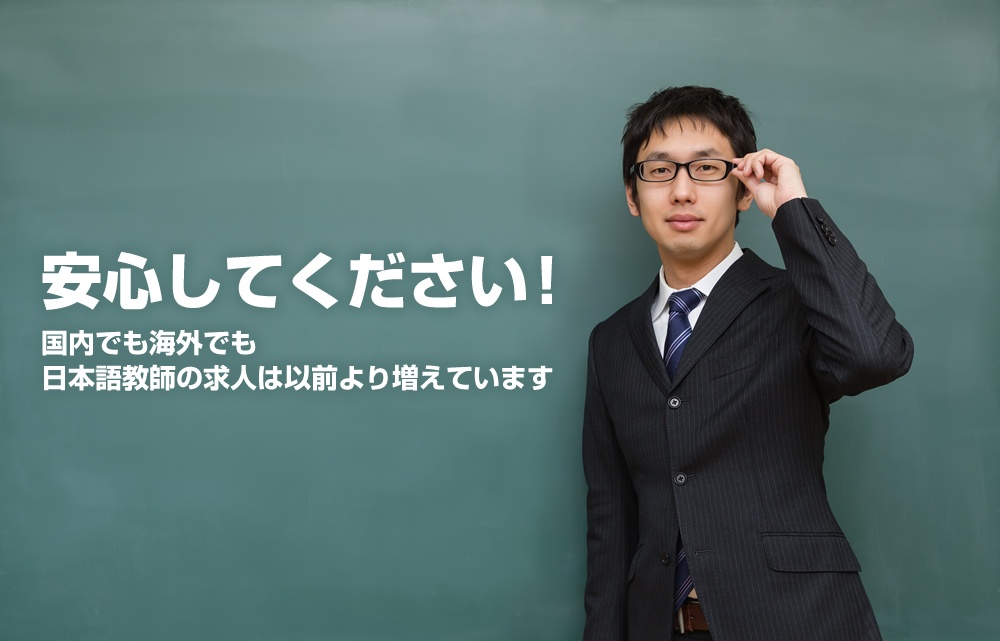4 Easy Phrases to Rock Your Japanese Workplace
Japan has a number of set phrases that are used a lot in the workplace. While your coworkers won't expect you to know everything from the outset, if you can pull out any of these expressions at the appropriate time, you might just drop some jaws!
By Michael Kanert1. Ohayo Gozaimasu
https://www.youtube.com/watch?v=tAMBlvpJlKk
When you arrive at work to start the day—even if your day starts in the afternoon or evening—you should greet your coworkers with "Ohayo gozaimasu" ("Good morning"). If you teach in a school, the ideal is to call it out to everyone in the teachers' room as you stop at the entrance and bow. If you do it well, you can actually bring the room to a standstill!
If you want to be a little more informal to nearby coworkers, a casual "Ohayo" is perfectly fine. But it would be pretty brash to call out only "Ohayo!" to the entire room.
2. Osaki ni Shitsurei Shimasu

https://studiaregiapponese.com/2016/02/10/5-modi-di-salutare-andando-via/osaki-ni-shitsurei-shimasu/
Unless you're the last person to leave your workplace every day, you're going to need this phrase a lot. It means, "Excuse me for leaving ahead of you." You address it to any of your coworkers remaining when you leave, and it essentially covers the awkwardness of the fact that you're going home while they're still working.
Osaki ni literally means "ahead," while shitsurei shimasu is "excuse me" or "pardon me." If you can't manage the entire phrase, "Osaki ni" alone is perfectly acceptable (though a little informal), since the rest of the meaning is implied.
If you work in a school, stop at the door to the teachers' room, turn around, bow, and belt this out with a clear voice before leaving each day. You'll make an amazing impression—and even just "Osaki ni!" is okay in this case!
3. Otsukare-sama Deshita
https://www.youtube.com/watch?v=SMTGeX4QOVA
You may only hear this phrase addressed to you, as it's the automatic rejoinder to "Osaki ni shitsurei shimasu" (the two phrases are even introduced as a set in the video above). However, if anyone does leave before you, this is what you should say, as it means, "Thank you for your hard work."
If the whole thing is difficult, "Otsukare-sama" is perfectly fine, though again a little more casual than saying the entire phrase.
This root part of the expression is actually quite versatile, as you can simply say "Otsukare-sama desu" (pronounced "dess") in place of "Osaki ni shitsurei shimasu" when you leave. And you may hear "Otsukare-sama desu" right back!
On a further note, it's actually best to say "Otsukare-sama" or "Otsukare-sama desu" when you cross paths with coworkers in your workplace. More meaningful than a "Hey" or "Hello," you're essentially telling each other, "Thanks for your work."
4. Yoroshiku Onegai Shimasu
https://www.youtube.com/watch?v=KUAe7CpVuZw
This is one of those phrases that just doesn't translate, yet it's so useful in Japanese work situations. While most people who study Japanese will learn that this phrase is used to conclude your greetings when you meet someone for the first time (typically translated as "Please treat me well"), it also has a very important function in the workplace.
"Yoroshiku onegai shimasu" concludes pretty much every meeting at which a key decision has been made. While it can mean "I'm leaving it up to you" if it's been decided that one person will undertake a task, it can also express a shared hope that the task you've all set upon will turn out well. For example, if you work at a school and you've agreed on a lesson plan with the Japanese Teacher of English (JTE) or homeroom teacher (HRT), it's very natural to conclude the conversation with "Yoroshiku onegai shimasu" before everyone gets up and walks away.
Like a lot of the phrases on this list, a more informal "Yoroshiku" can also be used if you can't remember the whole thing—though it can sound a little glib in serious situations. You can also pull out the more formal "Dozo yoroshiku onegai shimasu" if you want to add some extra punch.
Bonus 1: Shitsurei Shimasu (Other Uses)
https://www.youtube.com/watch?v=eXoOuP6kD0c
We've already seen a version of this expression in smoothing your departure from work, but it's actually got a number of uses. For example, "Shitsurei shimasu" is a good phrase to use as you enter your superior's office, as it's a fairly formal way to excuse an intrusion. It's also stronger than sumimasen, which you'll see at the beginning of the video above—though if you have time for only one, sumimasen is probably the most amazingly useful word you could learn in Japanese.
Another great use for shitsurei shimasu is when you need to disturb someone at their desk in the office. You can say, "Oshigoto chu shitsurei shimasu," which means, "Sorry to disturb you while you're working," and all is instantly forgiven. And if you really, really need to get to someone immediately, you can even say, "Ohanashi chu shitsurei shimasu": "Sorry to interrupt you in the middle of your conversation."
Bonus 2: Ii Desu Ka
https://www.youtube.com/watch?v=jhByyxdNaZU
This one isn't so much a set phrase as something that will just help you get by. While the video above goes through a litany of examples of how to properly use "-te mo ii desu ka," in a pinch, you only really need the last part. "Ii desu ka" on its own just means "May I...?" or "Is it okay?" And in the right context, it's an easy way to ask permission.
For example, if you point to a textbook and say "Ii desu ka," it should be fairly clear you're asking to borrow it (though it may also be registered as "May I have that?"—context is key!). On the other hand, if you point to the copy machine and say, "Ii desu ka," you should shortly receive permission to use it.
However, this is a phrase that can get awkward depending on how it's used, and it's not just the "borrow" vs. "have" problem (which can be solved by adding "chotto"). For example, if there's someone presently using the copier when you get there and you want to cut in line, a hyper-polite and hesitant "Ii desu ka" might be your ticket. But if your "Ii desu ka" is dropped with more serious intonation, it can also mean, "Are you done yet?" or "Could you cut it out?" So you really have to be careful how you use it!
This all said, there's actually a simpler way to get by: just point to the thing you want to use and say, "Okay?" Then make the "okay" symbol with your fingers. Everybody understands "okay"!




